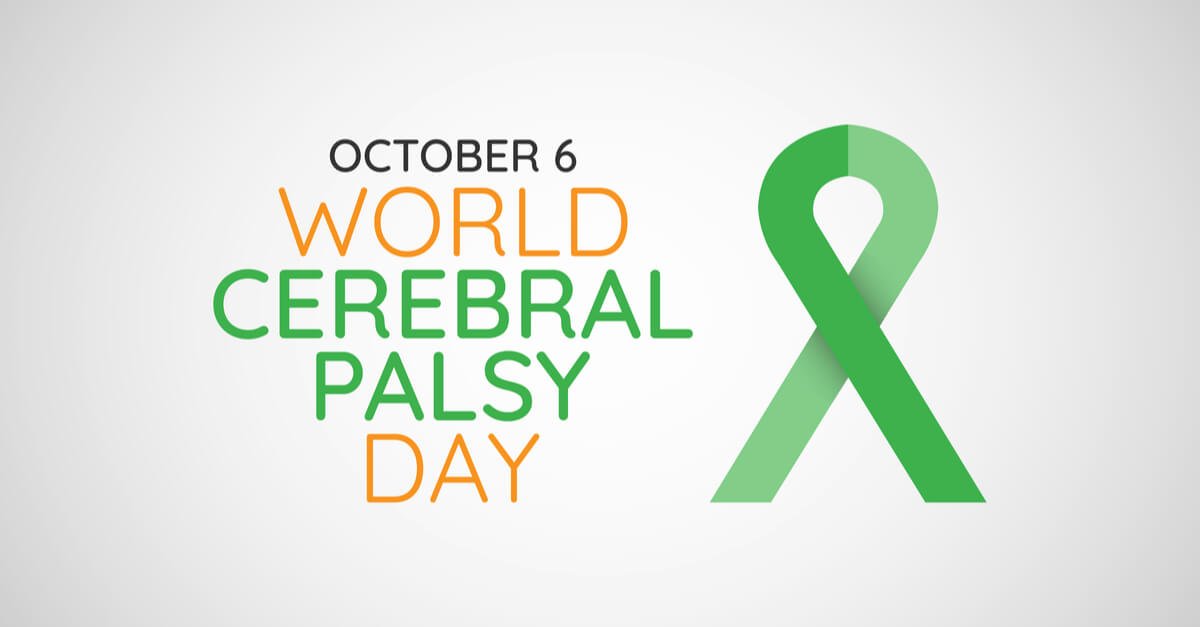Indore (Madhya Pradesh): Cerebral palsy, a condition affecting muscle control and brain development, is increasingly prevalent in Madhya Pradesh, which reports the highest number of cases in the country. The disorder, which impairs physical balance, vision, hearing, speech, and learning abilities, places affected individuals in the disability category due to the significant mental and physical challenges it causes.
The physiotherapy department at Maharaja Yeshwantrao Hospital in Indore sees approximately 30 patients daily, including children from surrounding districts. According to medical experts, cerebral palsy often develops in children due to maternal malnutrition during pregnancy, genetic changes, or complications during birth. If a newborn does not cry immediately after birth, oxygen may not reach the brain, leading to the condition. Brain injuries in the womb are another potential cause.
Free therapy bringing hope to patients
MY Hospital offers free therapy to children with cerebral palsy, including neuroplasticity, movement therapy, NDT (Neurodevelopmental Treatment), aromatherapy, and hand function training. These therapies help children improve their motor skills, allowing them to move their hands, sit, read, and write. The hospital’s occupational therapist, Dr Gautam Surage, notes that many children benefit significantly from therapy.
For those unable to visit regularly, caregivers are taught techniques to administer therapy at home, which prevents muscle stiffness and improves mobility. Experts emphasize the importance of early diagnosis. If a child shows signs such as reduced limb movement or lack of eye contact, it is essential to consult a specialist. Cerebral palsy can be identified through brain MRIs, and early interventionóbefore the age of fiveócan lead to quicker recovery.
Neurology advancing cerebral palsy treatment
Neurology is playing a critical role in improving treatment and raising awareness about cerebral palsy. Globally, neurologists are working to enhance care and provide better guidance for patients. Early intervention through occupational, speech, and physical therapies is crucial for maintaining mobility and improving the quality of life for those affected. Despite the ongoing efforts, Dr Surage underscores that greater public awareness is needed to ensure early treatment and better outcomes for children with cerebral palsy.




